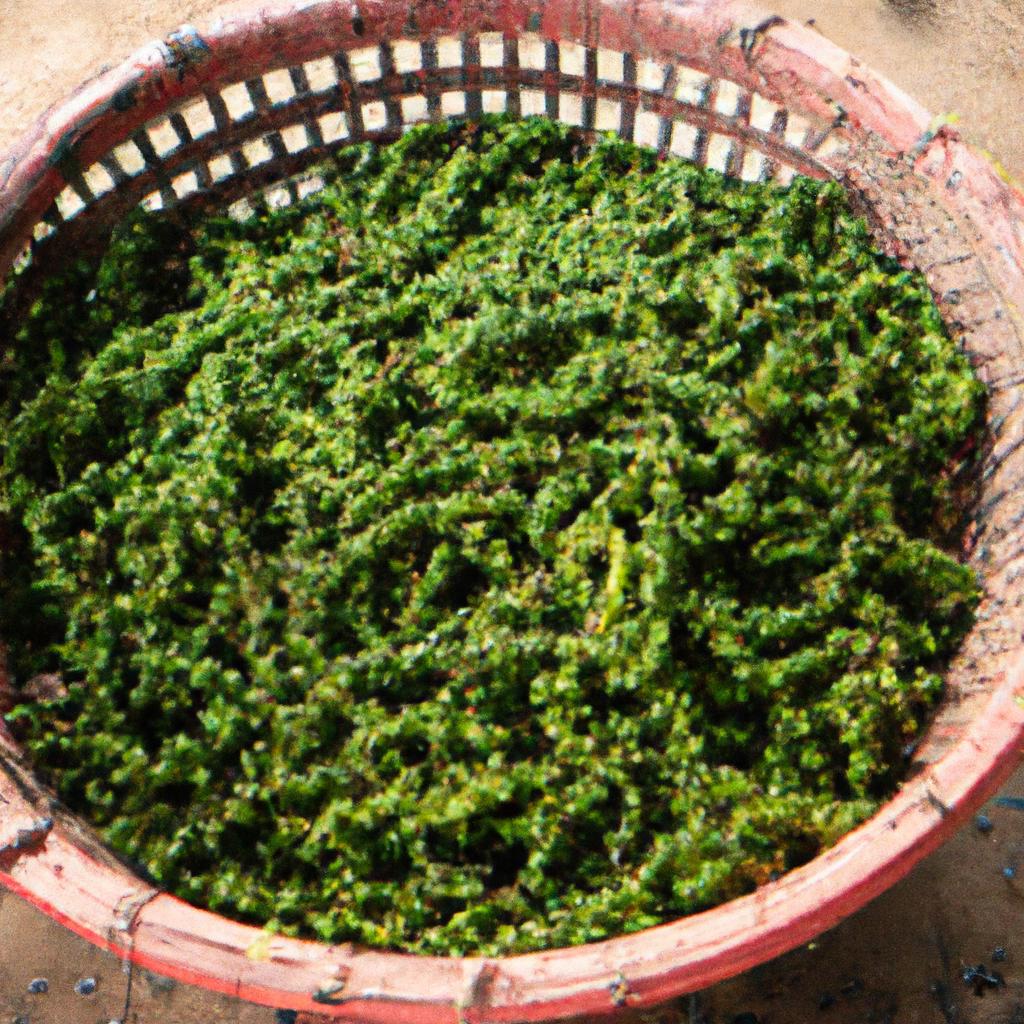If you’re a fan of spicy food, you’ve probably heard of Phu Quoc pepper. This type of pepper is famous for its unique flavor and is a staple in Vietnamese cuisine. In this article, we’ll dive into the world of Phu Quoc pepper, exploring its history, what makes it special, and its culinary and health benefits.
Definition of Phu Quoc Pepper
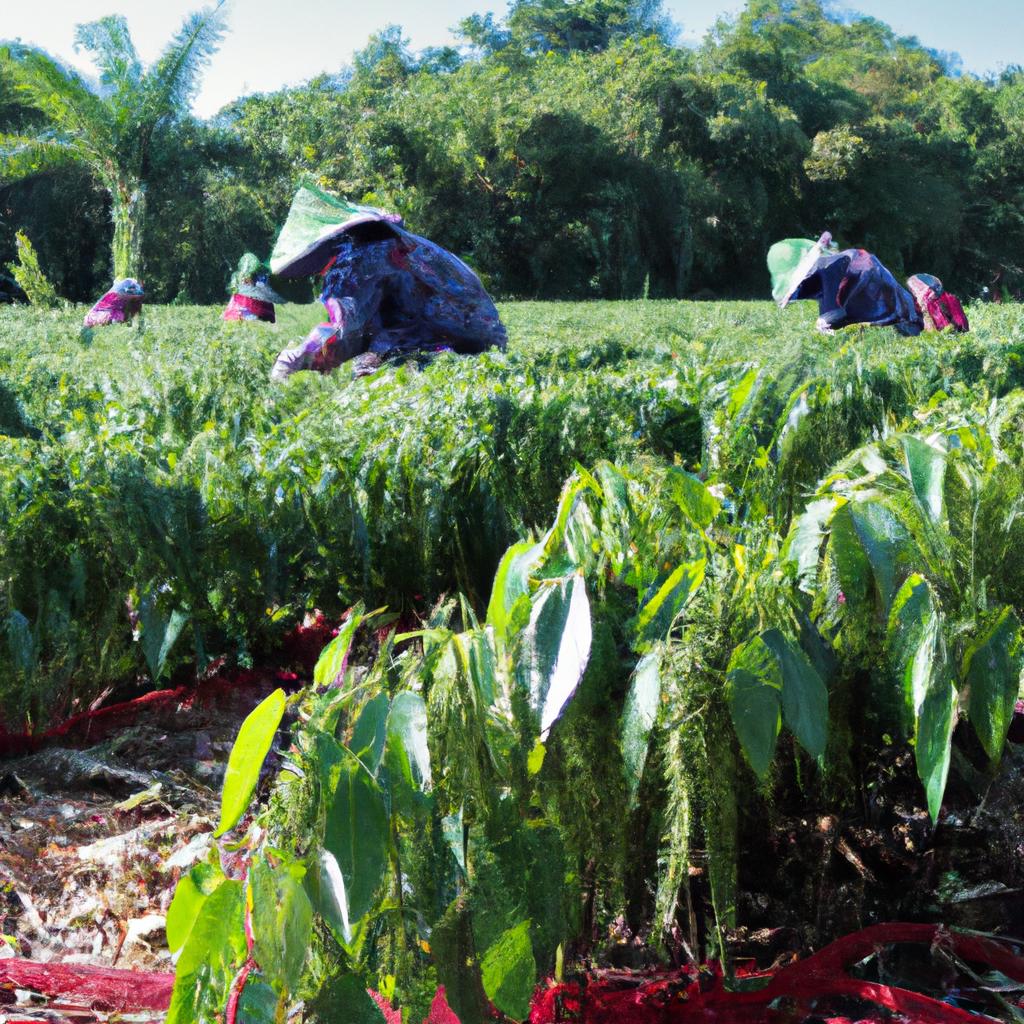
Phu Quoc pepper is a type of black pepper grown on the island of Phu Quoc in Vietnam. Known for its strong and spicy flavor, it is often used in Vietnamese dishes. Referred to as “King Pepper” due to its high quality and unique taste, Phu Quoc pepper has a distinct place in the culinary world.
The History of Phu Quoc Pepper
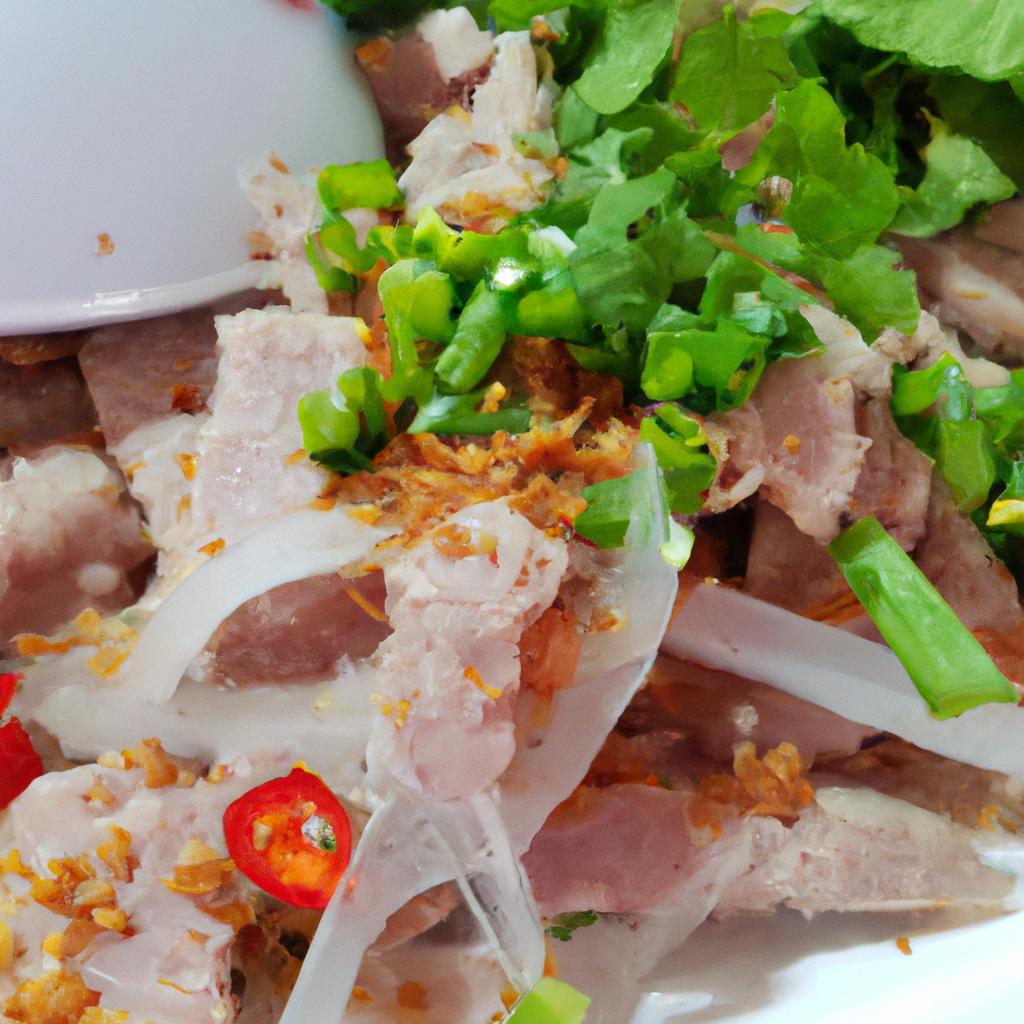
Phu Quoc pepper has a long and fascinating history. For over 300 years, the island of Phu Quoc has been a major producer of pepper. During the 18th and 19th centuries, European traders highly regarded Phu Quoc pepper as one of the best peppers in the world. Its reputation spread far and wide, making it a prized commodity in international trade.
Why Phu Quoc Pepper is Unique
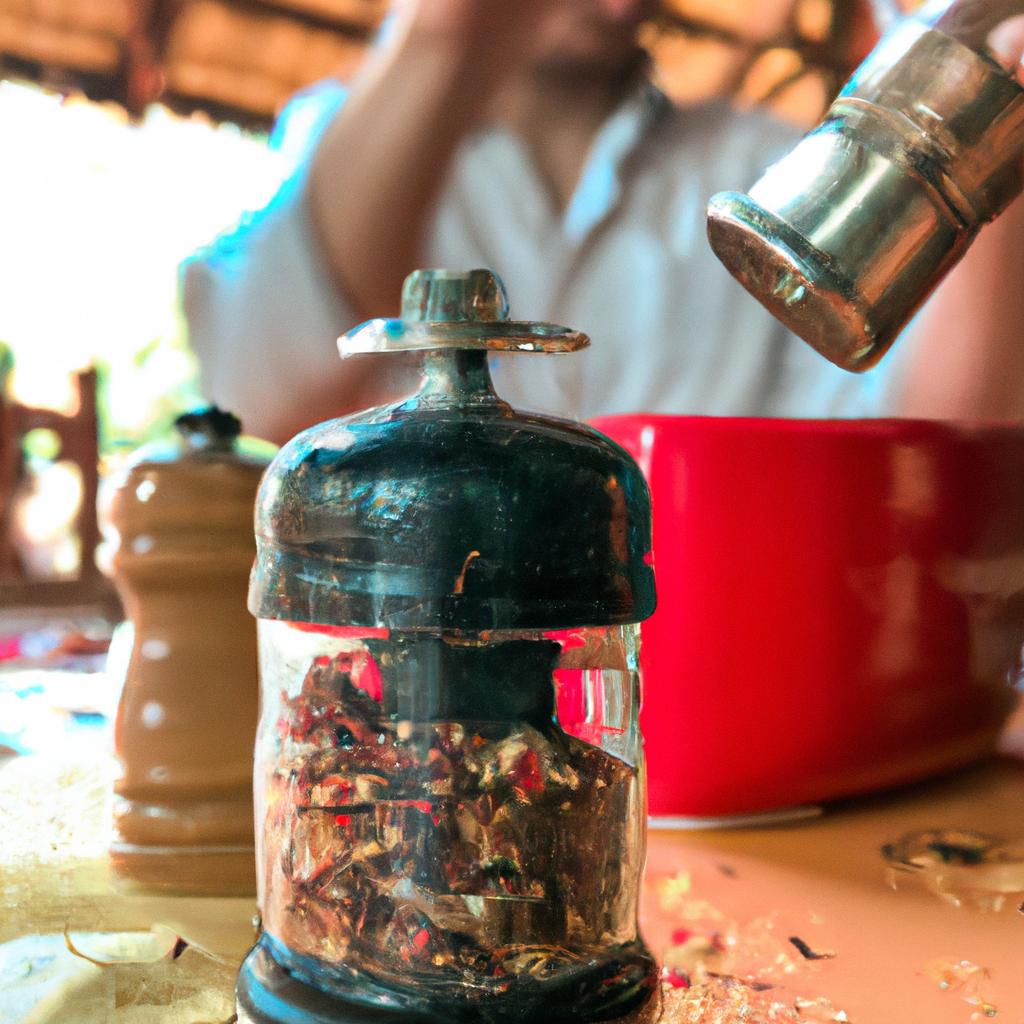
Phu Quoc pepper stands out for several reasons. The island’s unique terroir contributes to its exceptional quality. The rich mineral content of the soil and the ideal climate on Phu Quoc create the perfect conditions for pepper cultivation. Additionally, the island is home to various pepper plant varieties, giving Phu Quoc pepper its distinctive flavor profile.
What sets Phu Quoc pepper apart is not just its growing conditions but also the traditional and organic farming methods employed by local farmers. They nurture the pepper plants without the use of chemicals or pesticides, preserving the pepper’s natural flavor and ensuring its high quality.
The Process of Growing Phu Quoc Pepper
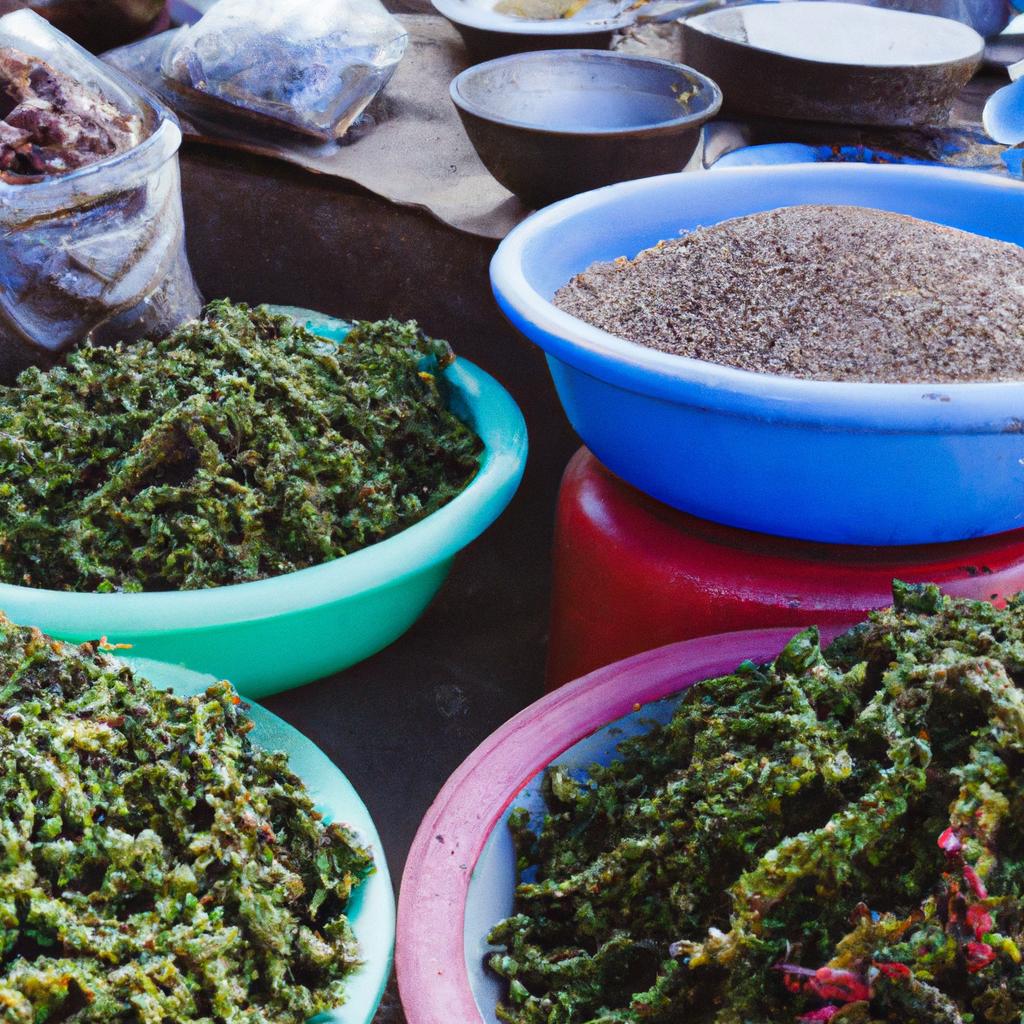
Phu Quoc pepper owes its unique flavor to the meticulous process of cultivation. In this section, we’ll delve into the climate and soil requirements, the planting and harvesting process, as well as the importance of organic farming.
The Climate and Soil Requirements for Growing Phu Quoc Pepper
Phu Quoc pepper thrives in the warm and humid tropical climate of the island. Phu Quoc’s tropical monsoon climate and abundant rainfall provide the necessary conditions for the pepper plants to flourish. The soil, rich in minerals and slightly acidic, is perfect for the optimal growth of pepper plants. Farmers on the island enhance the soil’s quality by using compost and other organic materials.
The Planting and Harvesting Process of Phu Quoc Pepper
Planting and harvesting Phu Quoc pepper require meticulous care and attention. Farmers usually start by planting the pepper seeds in nurseries, where they grow for several months before being transplanted to the fields. In the fields, the pepper plants require careful cultivation, with farmers providing them with the necessary water and nutrients.
Harvesting Phu Quoc pepper demands patience and precision. The farmers wait until the pepper berries are fully ripe before carefully picking them. After harvesting, the pepper is meticulously dried and prepared for distribution.
The Importance of Organic Farming in Producing High-Quality Phu Quoc Pepper
One of the defining characteristics of Phu Quoc pepper is the commitment to organic farming methods. By avoiding the use of chemicals and pesticides, farmers uphold the pepper’s quality and natural taste. Organic farming also contributes to preserving the environment and the well-being of the farmers. It maintains the soil’s health and ensures that the surrounding ecosystem remains intact.
The Health Benefits of Phu Quoc Pepper
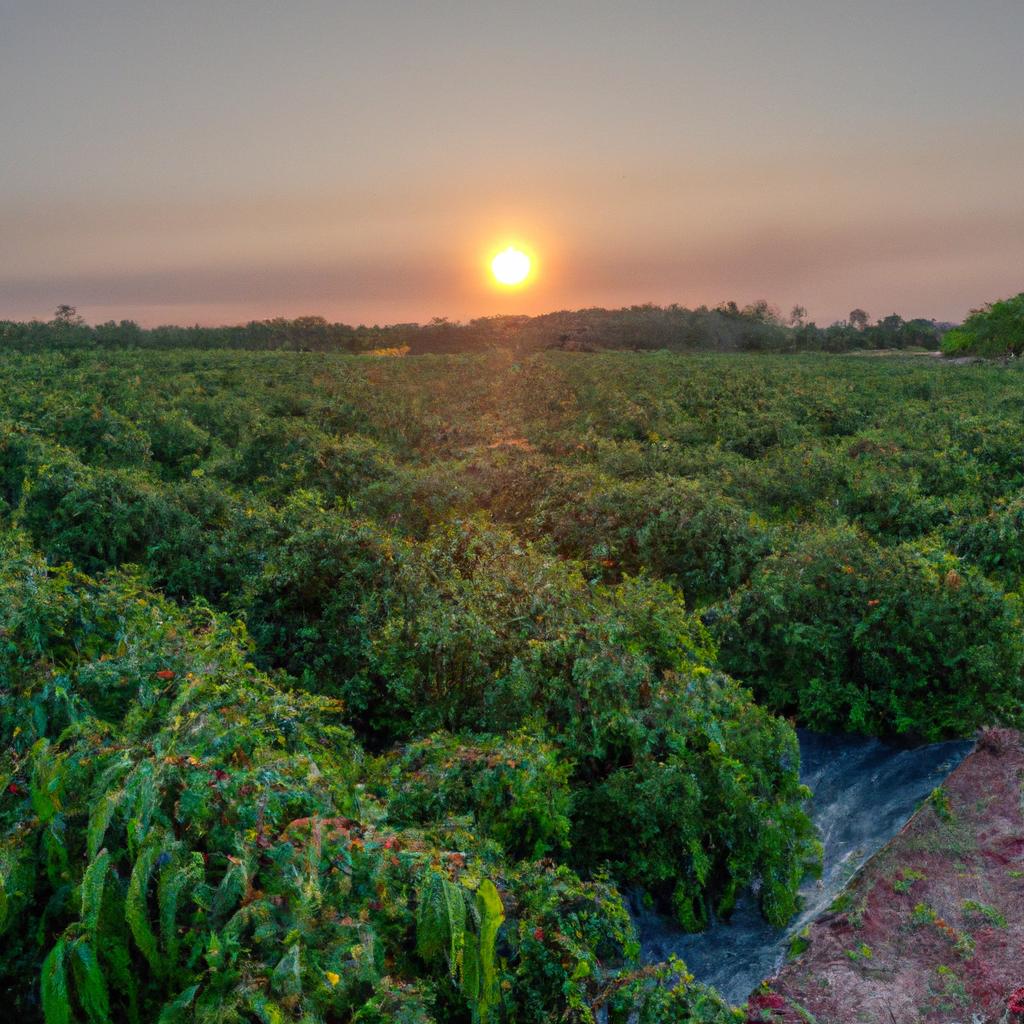
Beyond its flavor, Phu Quoc pepper offers numerous health benefits. Let’s explore its nutritional value, medicinal properties, and its role in digestion and disease prevention.
The Nutritional Value of Phu Quoc Pepper
Phu Quoc pepper is packed with vitamins and minerals. It is a rich source of vitamin C, crucial for a healthy immune system, as well as vitamin A, vital for vision, skin, and bone health. Additionally, Phu Quoc pepper contains essential minerals such as potassium, calcium, and iron.
The Medicinal Properties of Phu Quoc Pepper
Research has revealed the many medicinal properties of Phu Quoc pepper. Its anti-inflammatory and antioxidant properties help reduce inflammation and protect against oxidative stress. Phu Quoc pepper also exhibits antibacterial and antifungal effects, aiding in the fight against infections.
How Phu Quoc Pepper Can Improve Digestion and Prevent Diseases
Phu Quoc pepper is renowned for its positive impact on digestion. It stimulates the production of digestive enzymes and enhances bile flow, facilitating the digestion of fats. The spice also alleviates common digestive issues like bloating, gas, and constipation.
Moreover, Phu Quoc pepper can play an essential role in disease prevention. Studies suggest that the compounds found in Phu Quoc pepper can reduce the risk of cancer, heart disease, and diabetes. Its anti-inflammatory properties help mitigate the risk of chronic inflammation, a contributing factor to various illnesses.
The Culinary Uses of Phu Quoc Pepper
Phu Quoc pepper holds a central position in Vietnamese cuisine, enhancing the flavors of countless dishes. Let’s explore its role in cooking and its culinary versatility.
How Phu Quoc Pepper Enhances the Flavor of Dishes
The bold and spicy flavor of Phu Quoc pepper adds depth and complexity to a wide array of dishes. From soups and stews to marinades and rubs, it brings a delightful heat. The spice is often paired with other flavors like garlic, ginger, and lemongrass, creating vibrant and aromatic culinary experiences.
The Traditional Vietnamese Dishes that Use Phu Quoc Pepper
Phu Quoc pepper is an indispensable ingredient in traditional Vietnamese dishes. Ca kho to, a braised fish cooked with caramelized sugar, fish sauce, and Phu Quoc pepper, stands out as one of the iconic examples. Other popular dishes include bo kho (beef stew), bun bo hue (spicy beef noodle soup), and banh mi (Vietnamese sandwich). These dishes showcase the distinctive flavor and culinary significance of Phu Quoc pepper.
The Modern Culinary Uses of Phu Quoc Pepper in International Cuisine
In recent years, Phu Quoc pepper has gained recognition in international cuisine. Chefs worldwide are embracing the unique flavor of this spice and incorporating it into their creations. From French and Italian to Thai and Indian, Phu Quoc pepper adds depth and complexity to various dishes. Its boldness and remarkable aroma make it a versatile ingredient that elevates the taste of any culinary masterpiece.
The Demand and Challenges of Phu Quoc Pepper in the Market
Phu Quoc pepper is highly sought after globally, given its distinct flavor and superior quality. In this section, we’ll explore the demand for Phu Quoc pepper in both local and global markets, the challenges faced by farmers and producers, and initiatives aimed at promoting and preserving its excellence.
The Demand for Phu Quoc Pepper in the Local and Global Market
The demand for Phu Quoc pepper has been steadily increasing. In Vietnam, it enjoys a prominent place in traditional dishes, like pho and bun cha. The local demand has been bolstered by the growing tourism industry on the island, as visitors seek to savor the unique flavors of Phu Quoc pepper. On the global stage, chefs and food enthusiasts are captivated by the high quality and exceptional taste of this spice, incorporating it into their creations and propelling its popularity.
The Challenges Faced by Phu Quoc Pepper Farmers and Producers
Despite the high demand, farmers and producers encounter various challenges. The most significant challenge comes from the competition posed by other pepper-growing regions. As more countries produce high-quality pepper, Phu Quoc pepper must stand out to maintain its reputation.
Climate change also poses a significant challenge. Alterations in temperature and rainfall patterns can impact the quality and yield of pepper crops. Moreover, the use of pesticides and chemicals by neighboring farms can affect the quality of Phu Quoc pepper.
The Initiatives to Promote and Preserve the Quality of Phu Quoc Pepper
Several initiatives have emerged to tackle these challenges and promote the quality of Phu Quoc pepper. The Phu Quoc Pepper Association, established in 2011, plays a vital role in promoting the island’s pepper and safeguarding its reputation. The association works towards promoting organic farming practices, improving quality, and expanding marketing efforts. Collaboration with local farmers ensures they have the necessary resources and support to produce top-notch pepper.
In conclusion, Phu Quoc pepper is a unique and flavorful spice with a rich history. Its organic farming practices, distinct taste, and numerous health benefits make it a prized ingredient in Vietnamese cuisine and an exceptional addition to international dishes. At TooLacks, we celebrate the best nature has to offer, and Phu Quoc pepper exemplifies this excellence. To join us in appreciating nature’s gifts, explore our diverse range of products at TooLacks. So, why not spice up your meals with a touch of Phu Quoc pepper today?
